Synthetic biology: the power of modified microbes
Futurum
MARCH 21, 2023
Nowadays, scientists like Professor Ian Paulsen and his team at the ARC Centre of Excellence in Synthetic Biology in Australia are uncovering not just how these processes work, but how to modify them to get microbes to produce chemicals that no natural microbe makes. What will you find rewarding?

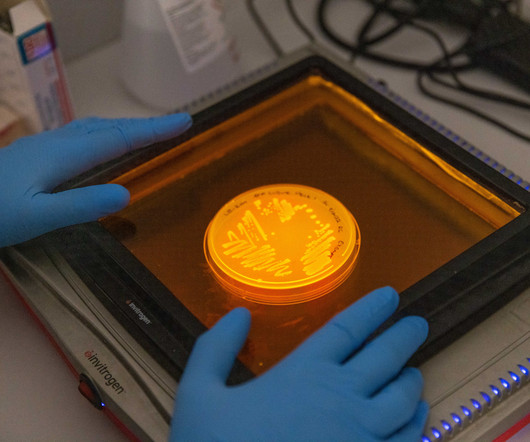
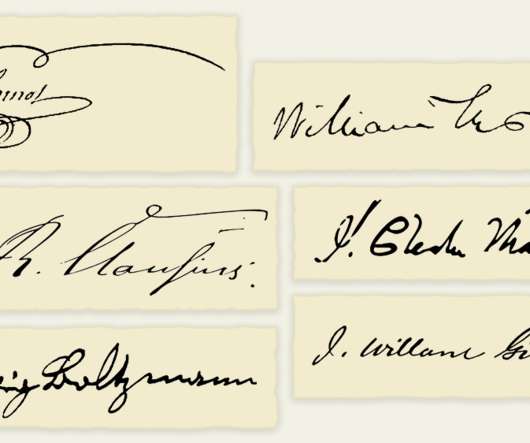
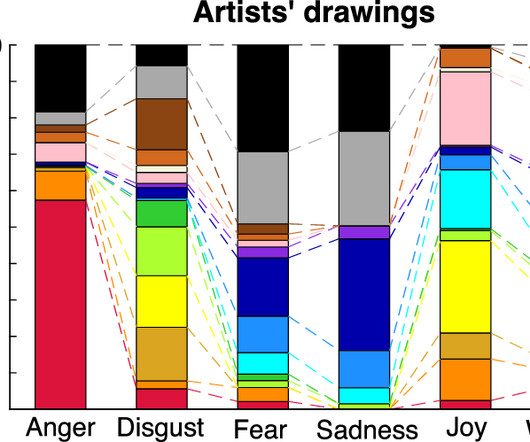
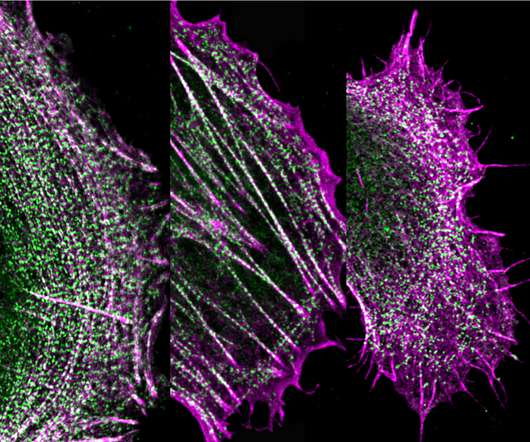
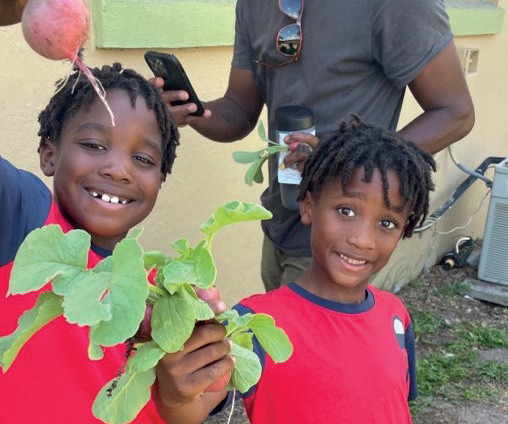






Let's personalize your content